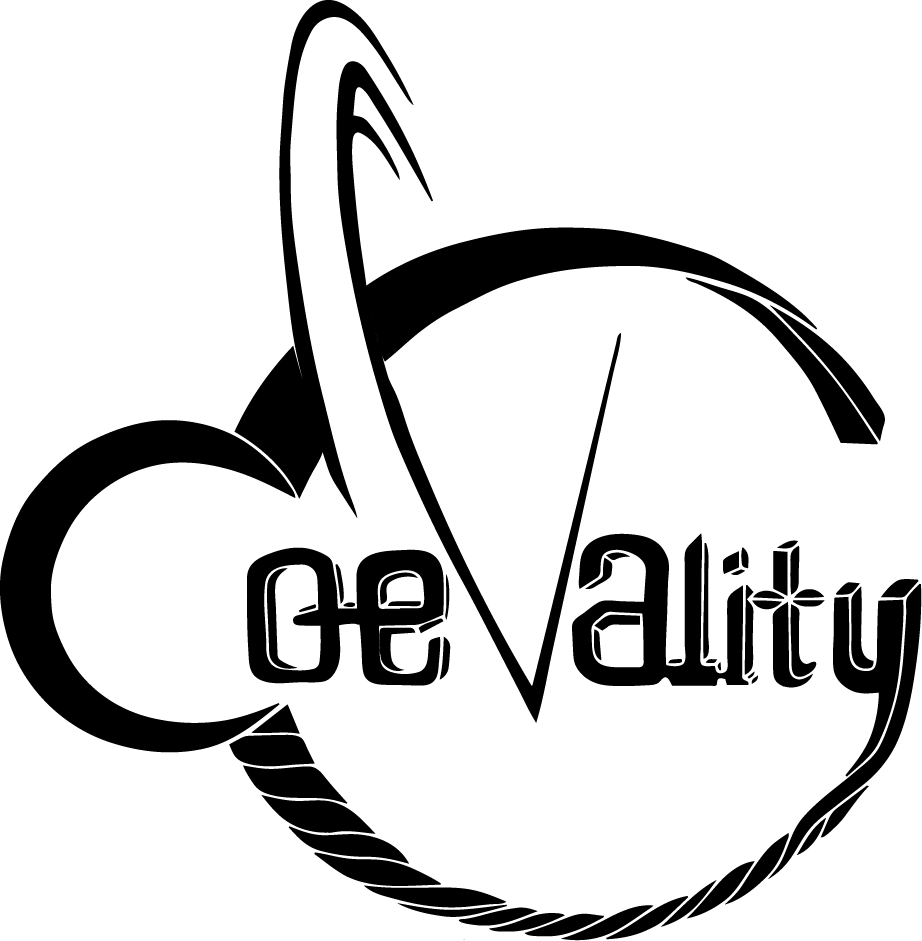“Audio and I have no words” (Coevality and Liquid Tension Experiment Write Up)
“Perhaps a more rigid barrier than the one (stylistic and political) between the musical genres is the barrier between the music with voice and the one without voice. A friend confessed to me that he started attending psycho-electronic music festivals, noticing that he couldn't stand to hear the human voice over "music" anymore (or he couldn't stop because of those festivals). There had been a psycho-somatic overexcitement event and a more traditional, lyrically sophisticated concert (something of the same tag with Nick Cave) on two consecutive days, and my friend complained that he could no longer hear him with his problems; that music should be an erotic massage during which the last thing you feel like is someone coming over you reciting poems.
I didn't understand the perspective then, but in recent years I hear the argument more and more often, it correlates with other more physically / socially oriented activities ("I came to the festival to feel good with friends, not to watch one 'how he sings ”), But it also has more traditional roots - in the world music trances , in the homeopathic ambient music that was once sold through pharmacies, in the analytical jazz for spectators lying in a fisherman's chair and even in certain niches of rock: post-rock or progressive fusion rock.
The albums I recommend today are part of the last category, that demilitarized zone in which you catch jazz listeners when they feel like rock and rock listeners when they listen to jazz, but they don't want to look pretentious. We chose two albums at the extremes of professional experience, a gap that does not translate into a quality one, proving that maybe the new generations, whom we keep accusing of attention deficit, misecuvinism and cultural closeness, could have more learning skills. effective, they reach performance faster than predigital generations. There really isn't much difference between the album of Californian debutants Coevality and that of the veterans Liquid Tension Experiment.
It does not mean that such music is available to anyone. Coevality announces on their official website that they have been working on the album for ten years - college and some time in parallel with their first honest job. It's the kind of album dedicated to parents, the creation of guitarist Jon Reicher who has a LinkedIn application developer profile on LinkedIn, but graduated from Berklee, the music school from which Dream Theater came out (or where they teach). Also there, the bassist Derrick Elliott graduated, who maybe should be considered the protagonist of this album, because he comes with a series of innovations in the prog-bass sound that immediately captures the attention, even of a layman. It's not a debut that resets the genre, but instrumental prog-rock has rarely been so fluid and organic.
At the other extreme is chapter three of the Liquid Tension Experiment project, awaited for more than 20 years, initiated as a hobby of Mike Portnoy while still "playing" at Dream Theater. The composition is, in fact, the Dream Theater of the '90s without voice and with the bass handled by Tony Levin from King Crimson. In the 1990s, it had been an outlet for the Portnoy-Petrucci couple's excess energy for prog-rockers who, as the friend mentioned at the beginning of the article said, perceived the voice as a jamming over the music. Today it's an album-event, a two-hour marathon - one of compositions, one of improvisations -, fusion virtuosities of experienced gray rockers (it's weird that Tony Levin seems the youngest in the photos). Technically it's also an outlet, this time caused by quarantine sedentarism.”
-Aron Biro of Old Dilema
(Google Translated from Romanian)
See the full article here:
https://dilemaveche.ro/sectiune/muzica/articol/extreme
